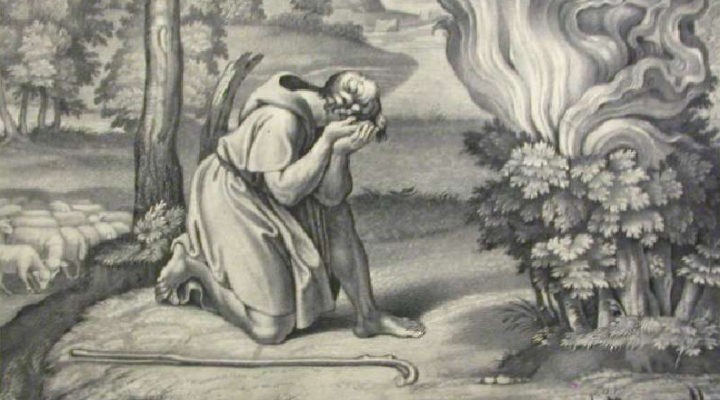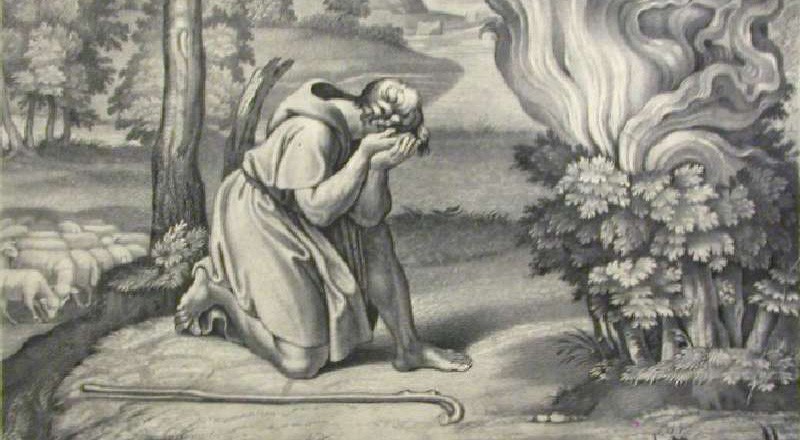In the 50th year of my ordination to “the gospel ministry,” I can’t recall the exact time when I first experienced “the call” from God to do that. Given that I was Texas Baptist born and bred, I may have heard “the call” in utero; like John the Baptist (I rest my case) leaping in his mama Elizabeth’s belly when her “kinswoman” Mary showed up with Jesus tucked inside her blessed womb.
Or maybe the call started in Johnny Ramey’s “junior boys” Sunday School class when he laid out the “plan of salvation” with a piping-hot vision of hell that sent me down the aisle of the First Baptist Church, Decatur, Texas. In those days, once you “got saved,” and were male, you were fair game for getting “the call.”
Or perhaps it came in an annual fall revival when the three-fold “invitations” were extended for: 1) salvation (confessing faith in Christ); 2) “rededication,” (confessing post-baptismal sin, an adolescent constant); 3) “surrendering” for “full-time Christian service.” Or did “the call” overtake me at youth camp when I surrendered for just about everything?

Bill Leonard
Whenever it took, my call to ministry wasn’t some watershed moment. The grace of it kind of trickled down. Somewhere along the way I concluded that some sort of “Christian vocation” was in my future.
That calling got serious at Texas Wesleyan College (now University), where I majored in religion under the tutelage of Professor Alice Wonders, at that time the only female chair of a religion department in the entire USA. Wonders did it all: Preacher extraordinaire; impeccable scholarship; and scintillating, demanding classroom teacher. It was in one of her classes that I remember thinking: “I want to learn to do what she is doing.”
The specificity of that professorial calling shaped a vocation that carried me to the classroom and the library, and I’ve been there ever since, although not everyone thought it a proper “ministerial” vocation. For years, when I returned to Texas, someone inevitably would proffer: “Billy, don’t you miss being in the ministry?”
Sometimes the people who’ve known us the longest understand us the least.
When Martin Luther told his father, Hans, that he had been “called of God” to the priesthood and the monastery, his father replied, “God grant your call was not an apparition of the devil.” Mentors can bless as well as curse. Yet mentors carry most of us into our chosen vocations whatever their particularity, offering instruction, encouragement and example that help us discover our own callings. I’ve had more than my grace-filled share, thank God.
Frederick Buechner writes about that in his memoir, The Sacred Journey, on the impact of the great preacher George Buttrick, pastor of Madison Avenue Presbyterian Church, New York City. Buechner attended the church because it “was simply on the same block where I lived . … and I had nothing at all that much better to do with my lonely Sundays.” He confessed: “What drew me more was whatever it was that (Buttrick’s) sermons came from and whatever it was in me that they touched so deeply.”
“I wonder how many of us who claim ‘the call’ have ‘stumbled upon’ its meaning and purpose more times than we imagine or want to admit.”
Buechner recalls a particular homily that became a catalyst for his own sense of vocation when Buttrick told of Jesus’ refusal to accept the crown Satan offered but was nonetheless “crowned in the heart of the people who believe in him.” Such an “inward confession,” Butterick insisted, occurs “among confession and tears and great laughter.”
Buechner notes: “It was the phrase great laughter that did it, did whatever it was that I believe must have been hiddenly in the doing all the years of my journey up till then. It was not so much that a door opened as that I suddenly found a door had been open all along which I had only just then stumbled upon.”
Years later, someone sent him the sermon manuscript, and the phrase, “great laughter” was nowhere to be found. Buttrick’s improvised two words changed Buechner’s life. I wonder how many of us who claim “the call” have “stumbled upon” its meaning and purpose more times than we imagine or want to admit. (By the way, at their next meeting, Buechner asked Buttrick if he should go to seminary. After conversation, the preacher put Buechner in his car and drove him to Union Theological Seminary, thank God.)
But enough of those thrilling days of yesteryear! What of a new generation (late 20s to early 40s) of “the called-out ones” standing on the doorway or the precipice of the present 21st century moment? After teaching some of them, I find myself continually in awe of the callings they bear, and their realism and creativity in confronting the changing nature of today’s church. My reasons include the following:
- Many in this ministerial generation lack the benefit of ecclesiastical support known to earlier generations. As denominational systems decline, disengage and downsize, previous support resources and spiritual formation opportunities have diminished or disappeared. New-generation ministers exercise their callings while recognizing the financial and ecclesiastical realities that accompany it. One North Carolina metro church pastor reports that their church staff members carry a collective educational debt somewhere between $400,000 and $500,000. Churches would do well to take that into account.
- This new generation of ministers has learned or is learning to forge new networks connecting them with each other for mutual education, encouragement and friendship. The old networks never worked well for female ministers who’ve set new standards for interpersonal and professional connections, but these qualities are increasingly essential locally, regionally and nationally. When the Wake Forest School of Divinity began in 1999, I started telling each new group of students that for friendship, collegiality and spirituality, “networking is second only to Jesus.” (Only a slight exaggeration!)
- This new generation has my admiration because they navigate a cross-generational context that is both essential and daunting, a primary constituency somewhere between ages 55 and 100. These are persons with long-time congregational histories and commitments who know they need new-generation ministers to enlist and invigorate a congregation but are not always ready to deal with the theology and practice of younger clergy who shape changes essential for reaching a younger lay generation. These inevitable tensions occur as the pre/post-COVID church confronts demographic, financial and institutional challenges not seen in this country since the Civil, perhaps the Revolutionary, War. It’s going to take a lot of gospel, old and new, to get us through it. I think these new-generation ministers, most of them, know all that, thank God.
Which brings us back to “the call,” and Frederick Buechner’s inestimable passage from The Alphabet of Grace: “‘I hear you are entering the ministry,’ the woman said, looking down the long table, meaning no real harm. ‘Was it your own idea, or were you poorly advised?’”
And Buechner responds: “And the answer that she could not have heard even if I had given it was that it was not an idea at all, neither my own nor anyone else’s. It was a lump in the throat. It was an itching in the feet. It was a stirring in the blood at the sound of rain. It was a sickening of the heart at the sight of misery. It was a clamoring of ghosts. It was a name which, when I wrote it out in a dream, I knew was a name worth dying for, even if I was not brave enough to do the dying myself.”
I’ve often used that astounding passage with ministerial students or seasoned preachers since I first read it in 1979. Committing it to memory, I still repeat it to myself. The lump in my throat remains, thank God. I think Professor Wonders would be pleased.
Bill Leonard is founding dean and the James and Marilyn Dunn professor of Baptist studies and church history emeritus at Wake Forest University School of Divinity in Winston-Salem, N.C. He is the author or editor of 25 books. A native Texan, he lives in Winston-Salem with his wife, Candyce, and their daughter, Stephanie.
Related articles:
Beware the calling | Opinion by Natalie Aho
Pastor: a unique calling to serve a unique community | Opinion by Barry Howard
How do congregations cultivate a culture of call to vocational ministry? | Opinion by Bill Wilson


